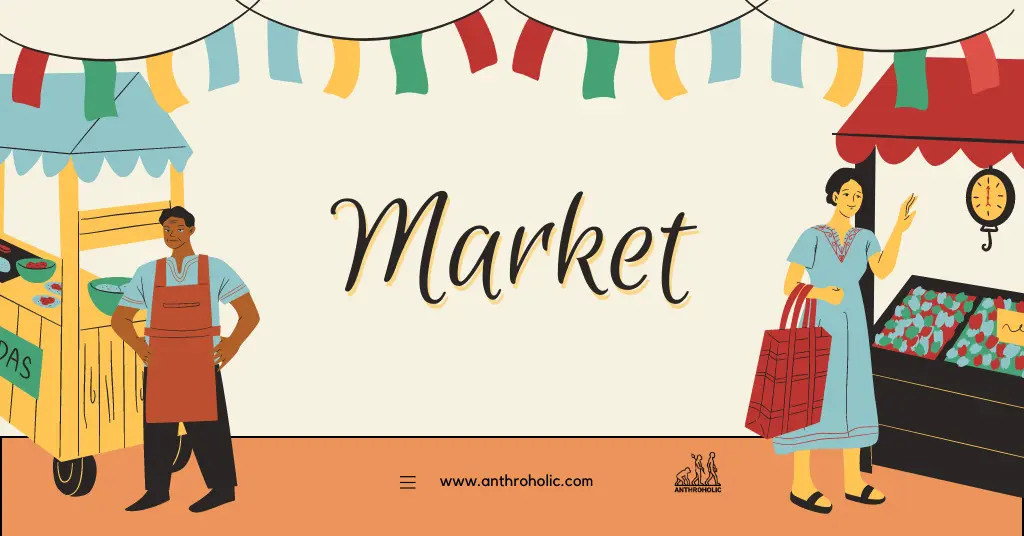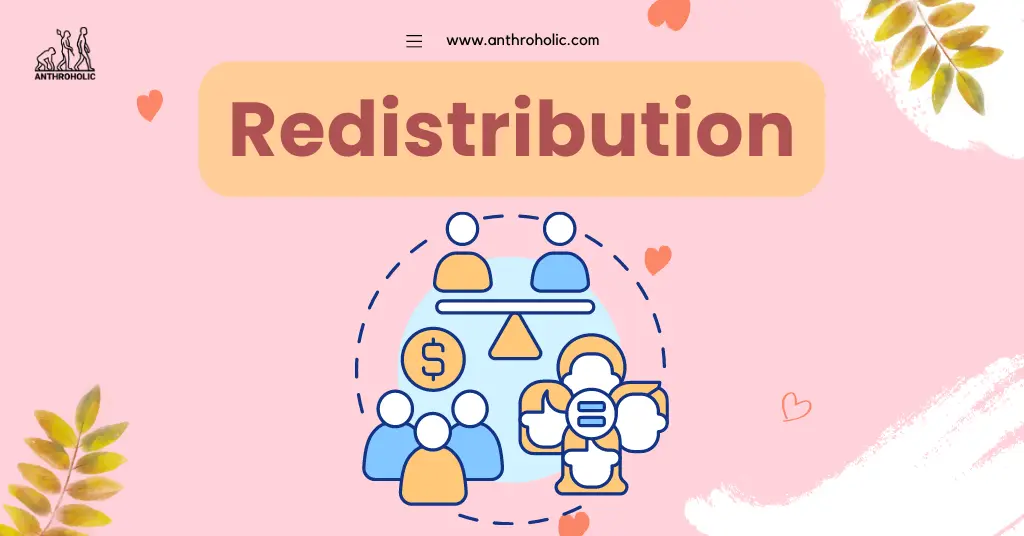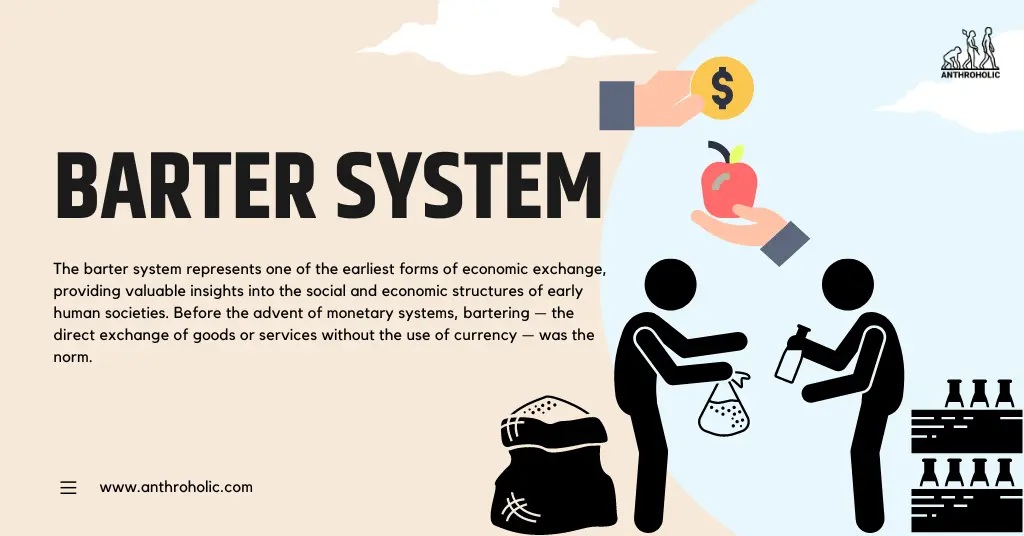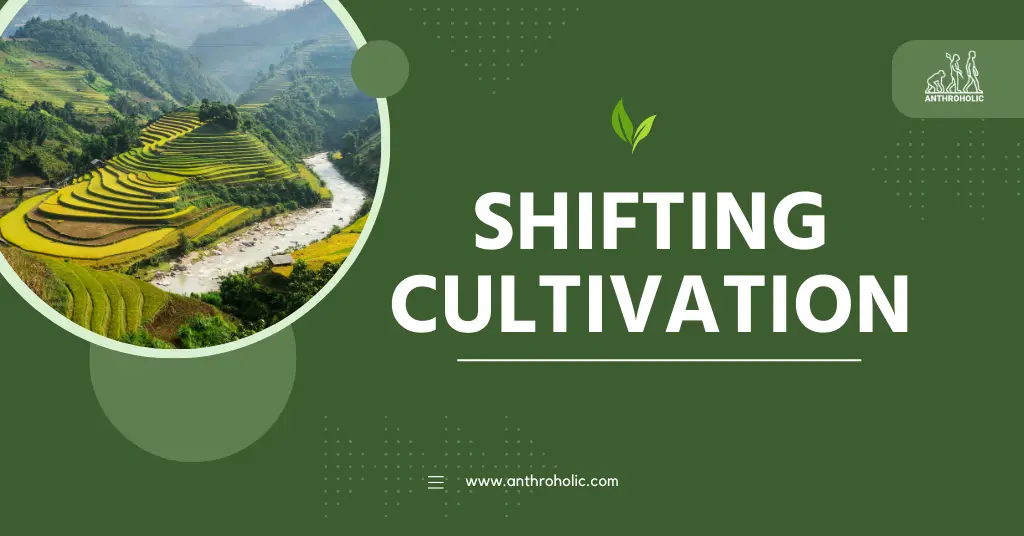AI Answer Evaluation Platform Live Now. Try Free Answer Evaluation Now

Elite Overproduction
The term, popularized by the historical scientist Peter Turchin, describes a simple but dangerous imbalance. It occurs when a
+91-7303290503, +91-9557169661 | MON to SUN 10:00 AM - 6:00 PM

The term, popularized by the historical scientist Peter Turchin, describes a simple but dangerous imbalance. It occurs when a

The analysis of human behaviour regarding production, consumption, distribution, and exchange constitutes an essential part of our

Silent trade, also known as dumb barter or depot trade, is a method of exchange where two trading parties do not have any direct interaction during the trade process.

In the realm of anthropology, markets are not merely viewed as places for economic exchange but are considered as complex sociocultural systems that are deeply intertwined with local societies, cultures, and politics.

Redistribution, one of the main forms of economic exchange, refers to the gathering of goods or wealth by a central authority which is then re-distributed within the society. In comparison with other forms of economic exchanges such as reciprocity and market exchange, it plays a unique role in the structure and function of pre-capitalist economies.

Anthropologists have long studied the diverse methods employed by different communities to manage resources. They focus on the principles that govern the production, distribution, and exchange of resources, aiming to understand the cultural norms, economic systems, and societal structures that underpin these processes.

In the domain of economic anthropology, reciprocity is an intricate and essential element in economic exchanges that transpires across diverse cultures. Often defined as a mutual give-and-take process, reciprocity occurs when goods or services are exchanged amongst individuals or groups.

Pastoralism, a subsistence pattern practiced by approximately 200 million people worldwide, has etched an indelible mark on human history. Predominantly occurring in the arid and semi-arid regions of the world such as the African Sahel and Central Asia, it hinges upon the domestication of animals and their products for livelihood.

The barter system represents one of the earliest forms of economic exchange, providing valuable insights into the social and economic structures of early human societies. Before the advent of monetary systems, bartering — the direct exchange of goods or services without the use of currency — was the norm.

The term 'Industrial Economy' refers to an economic system that heavily relies on manufacturing and industrial activity as its primary source of income. Industrial economies have reshaped global cultures in profound ways.

Agriculture, which represents one of the most critical sectors in human civilization, is the practice of cultivating plants and rearing animals for food, fiber, medicinal plants, and other products used to sustain and enhance life.

Shifting cultivation, often referred to as swidden agriculture or slash-and-burn farming, is a traditional agricultural practice that involves the rotation of fields rather than crops. Predominant among indigenous populations, it continues to be a prevalent mode of subsistence in various regions worldwide, particularly in tropical rainforest areas of South America, Africa, and Southeast Asia.